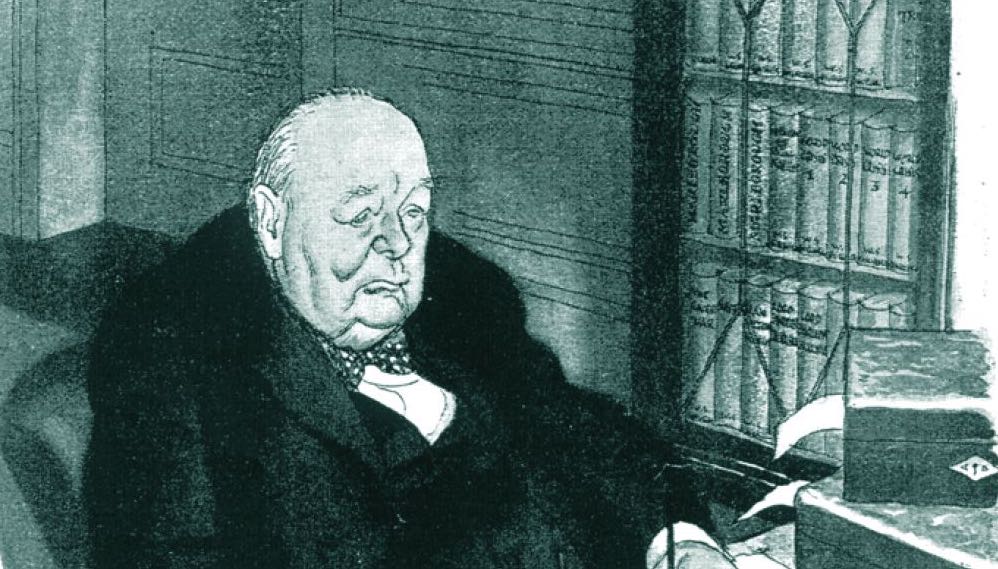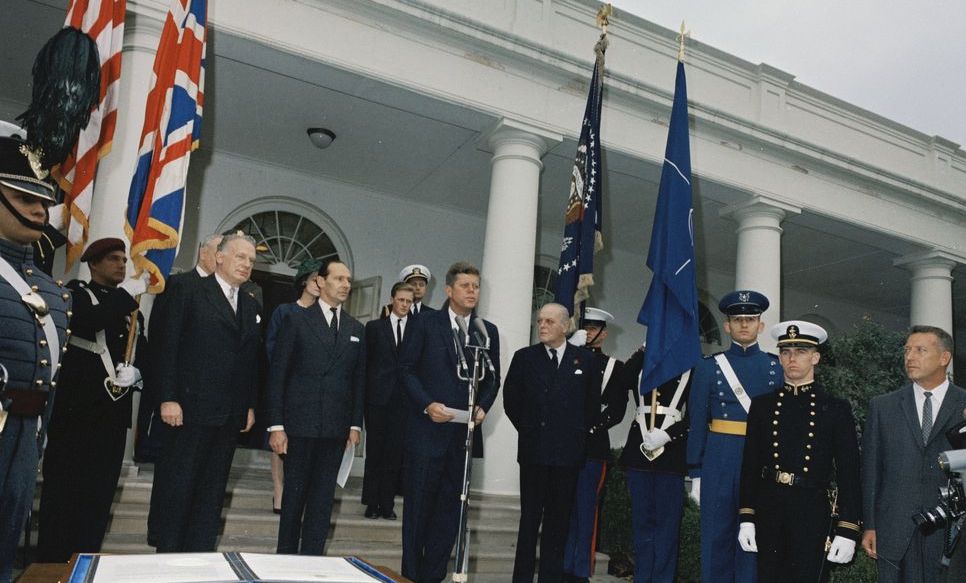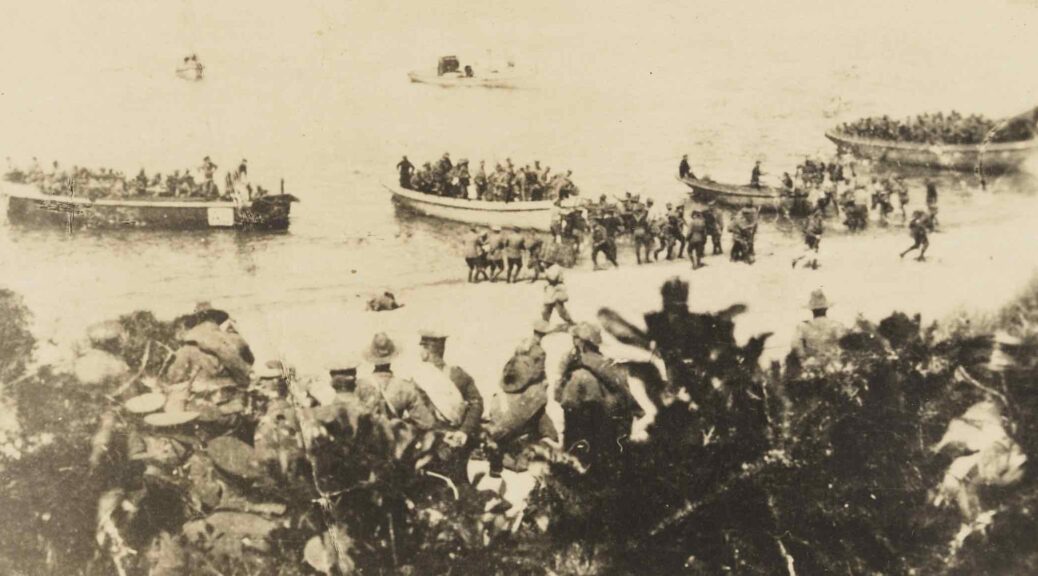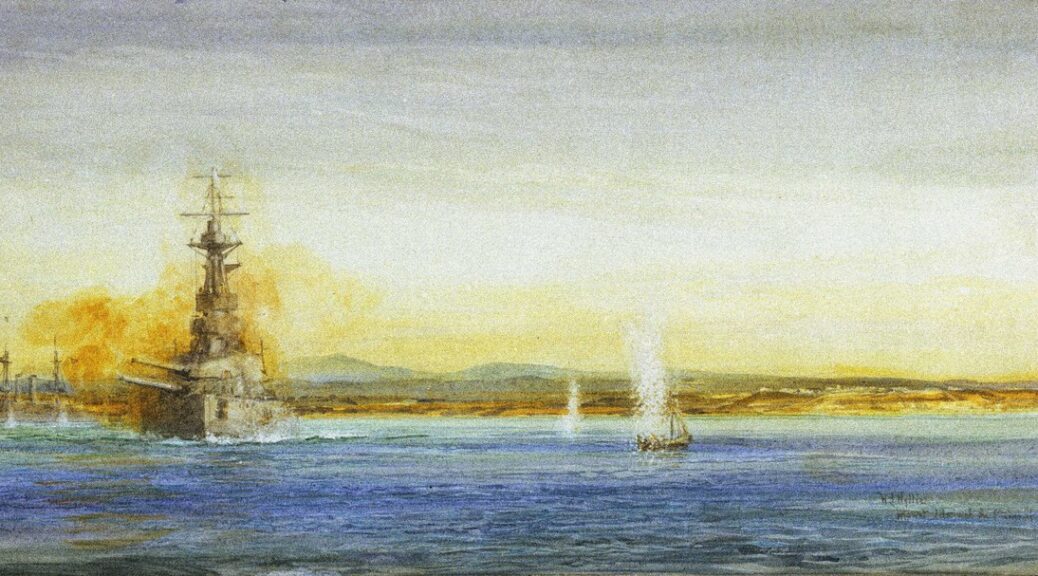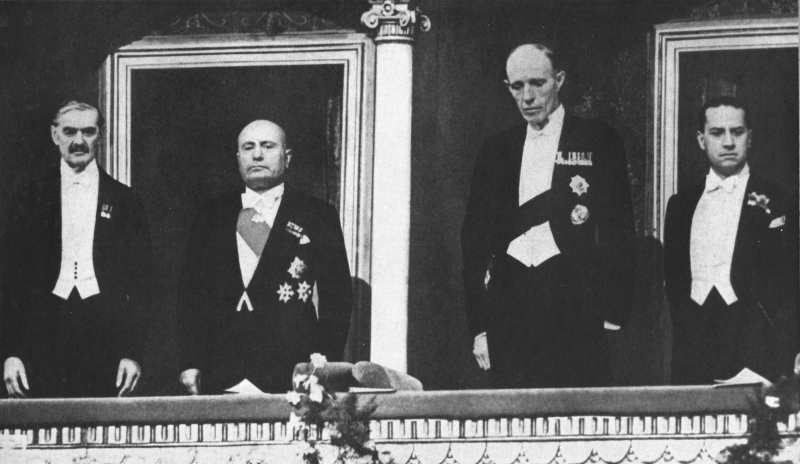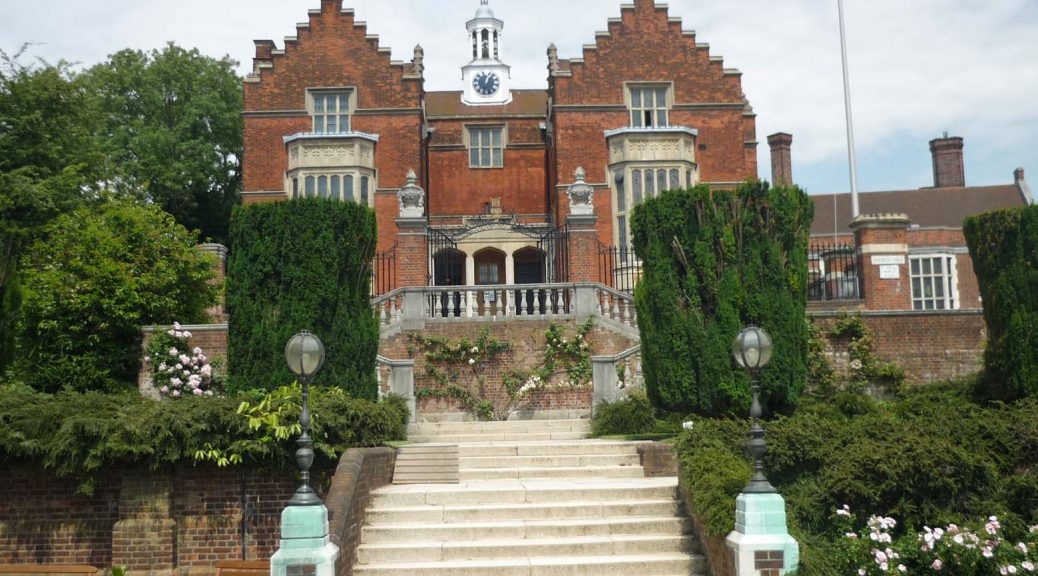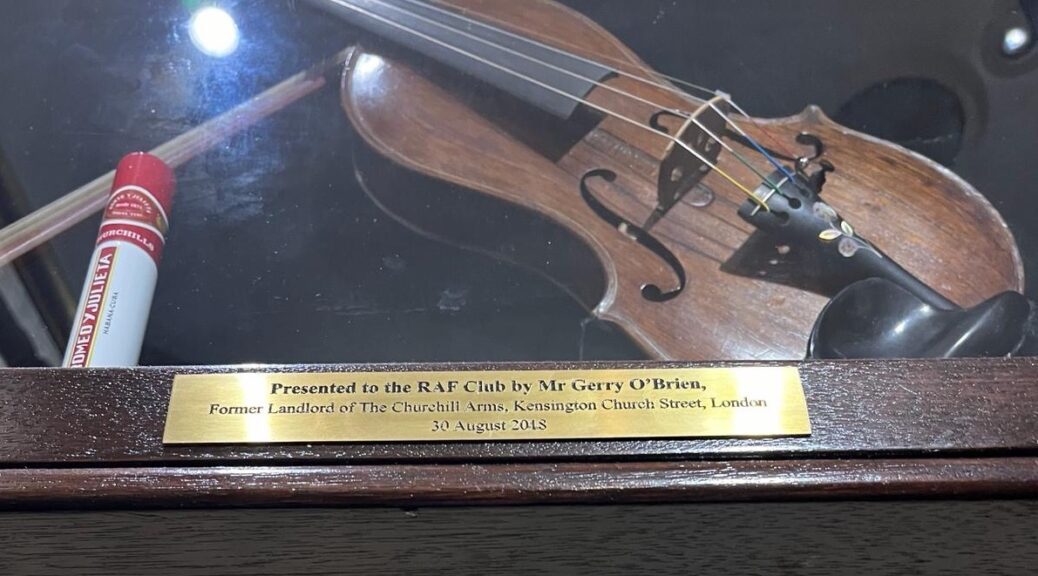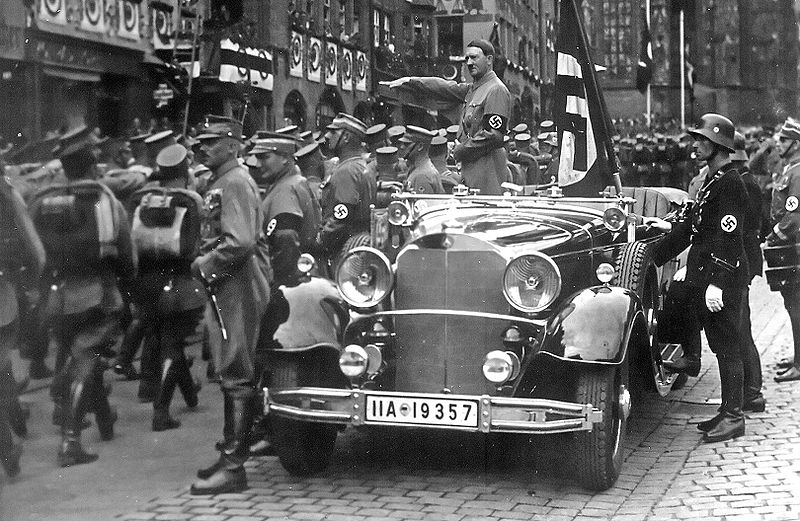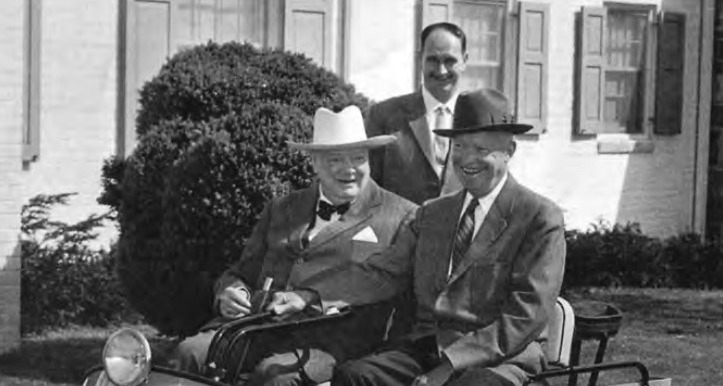
Remembering Eddie Murray, Churchill’s Bodyguard 1950-65
"Murray's devotion to Churchill was genuine, and I have no doubt that if danger had threatened he would have stood before him. He certainly made the great man’s life easier and the Boss, I think, had a real affection for him. It was Churchill’s inevitable reaction to stand up for any member of his entourage who was under attack. As Lady Churchill once said (looking at me rather pointedly): 'Winston is always ready to be accompanied by those with considerable imperfections.'" —Anthony Montague Browne
